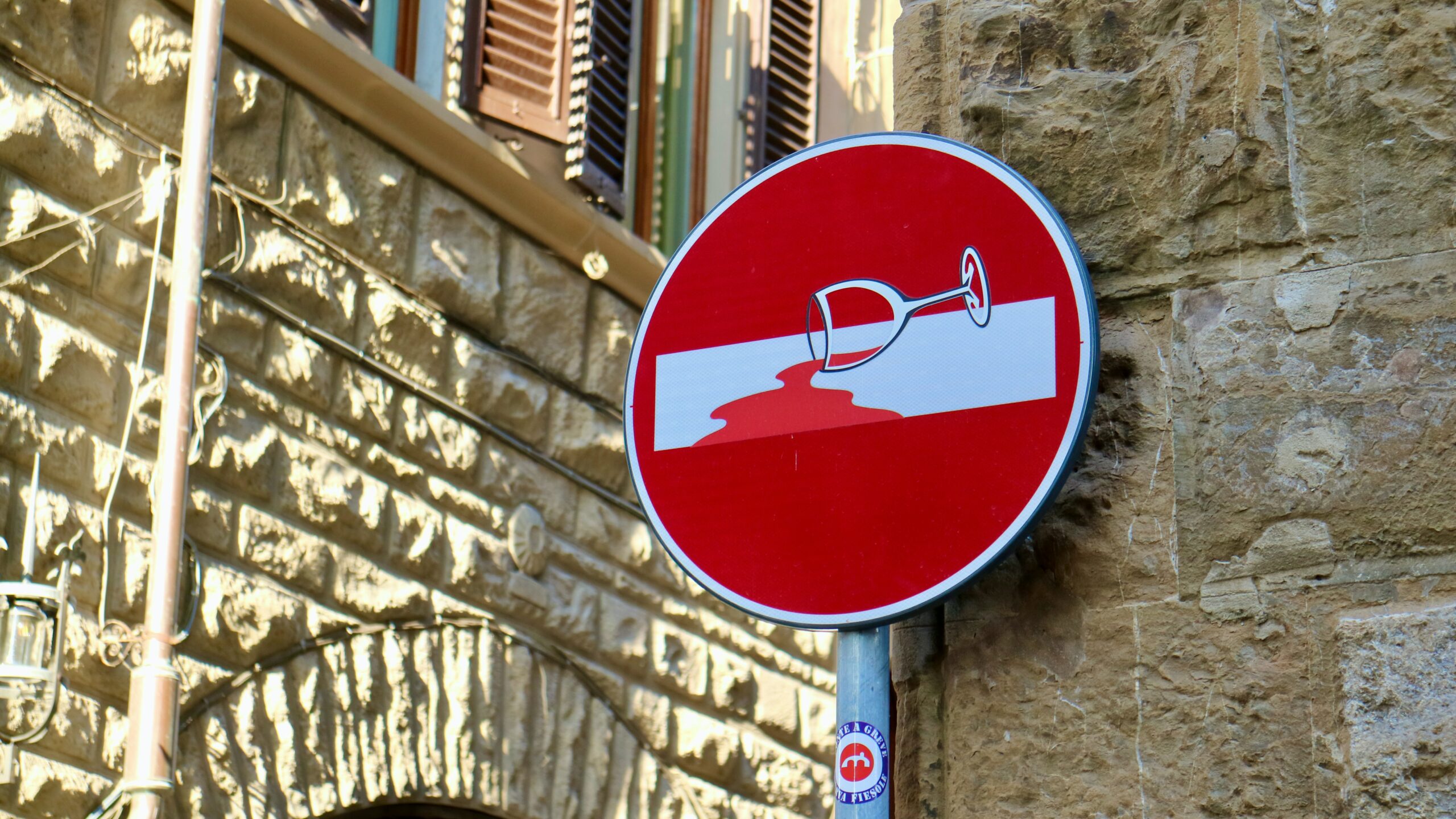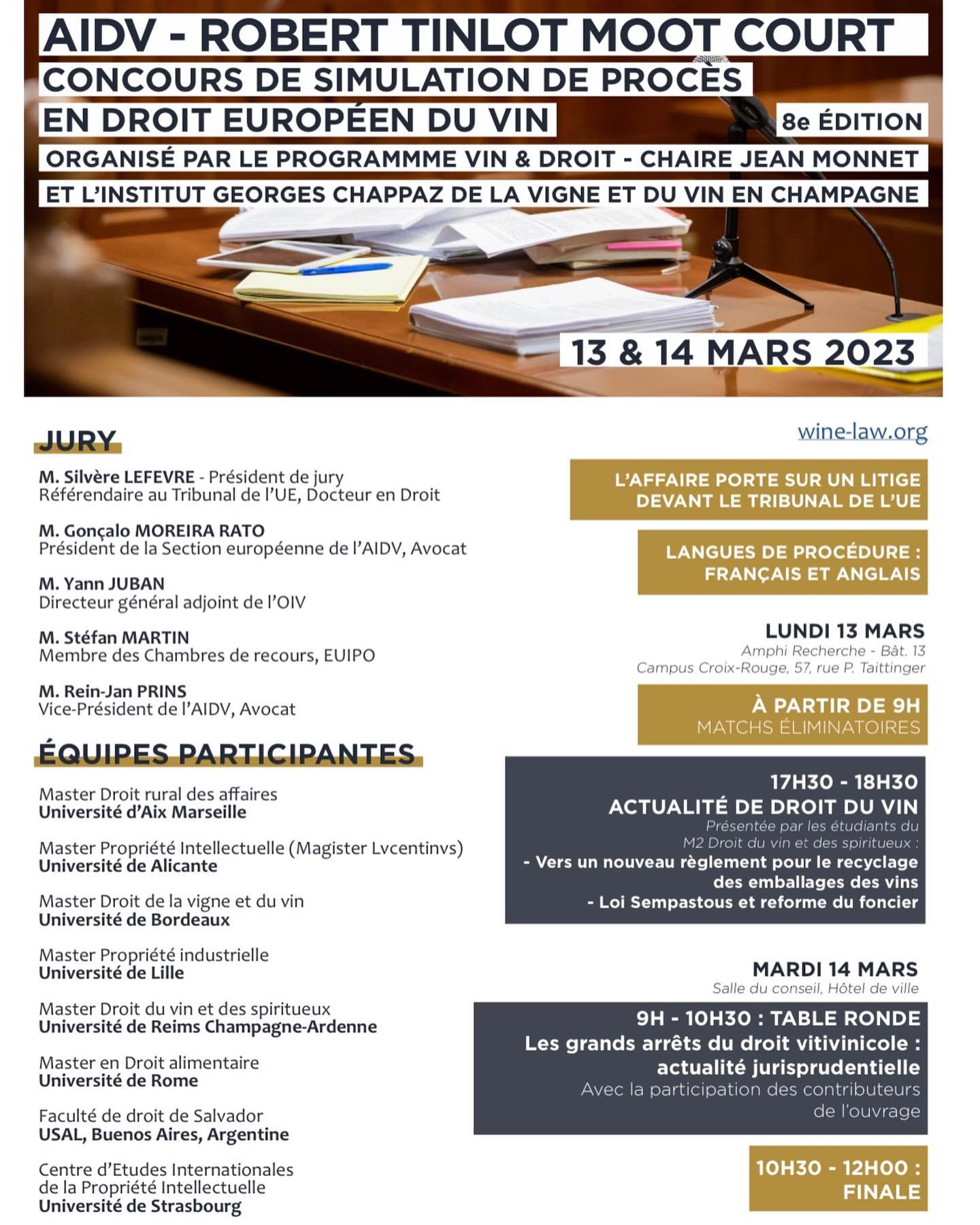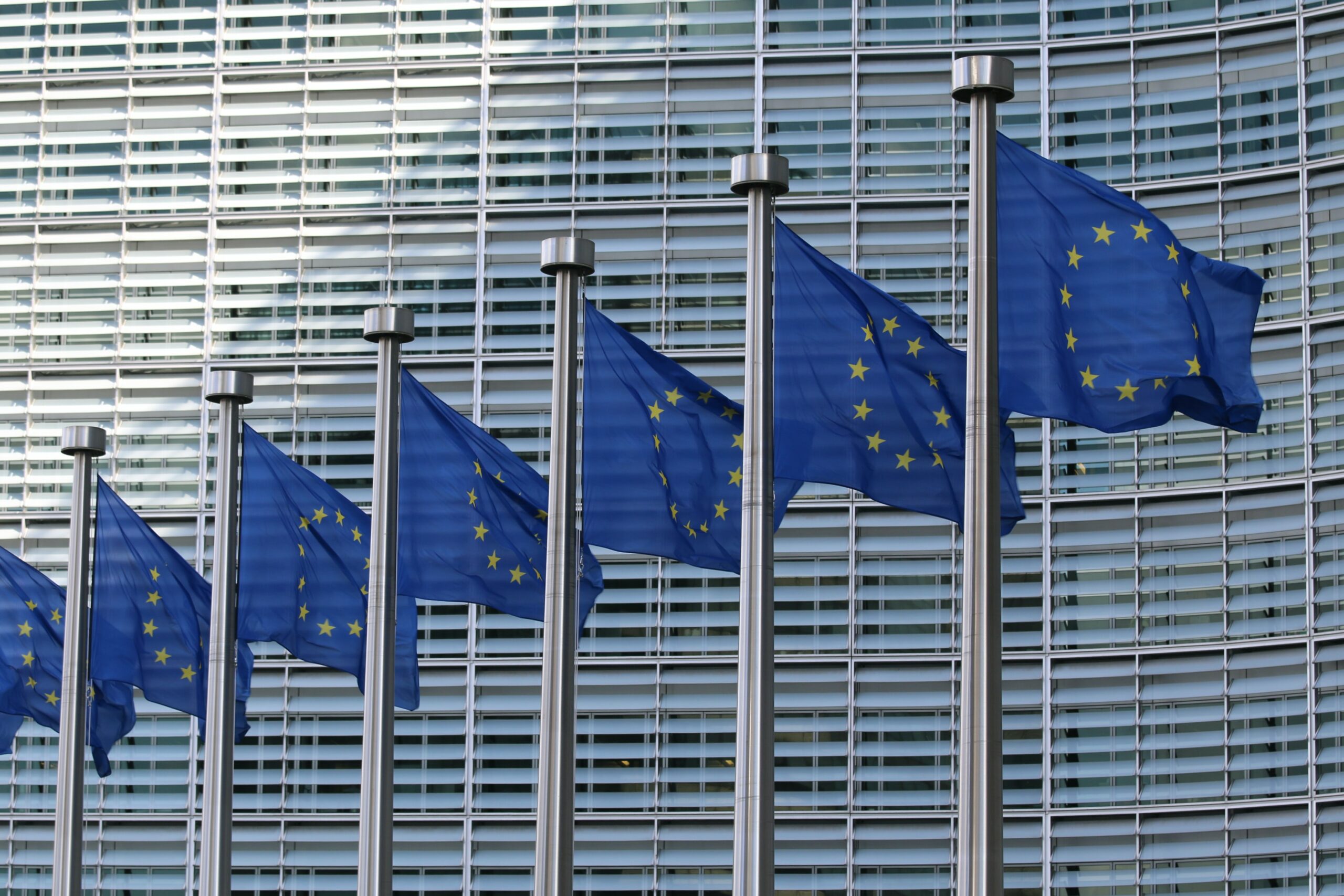Jus Vini n°1/2023 has some originality regarding its leading article. A. Ribeiro de Almeida's initial contribution found an answer in B. O'Connor's article. While both texts are dealing with GI's on a European level, the opinion of both authors is different.
In order to allow the largest plurality of opinion, the Editors thought to present both articles in the same issue of Jus Vini. The aim is to have a debate. You can read the abstract of both article below:
THE FUTURE OF GIs IN THE EUROPEAN UNION (DO THE PROPOSED CHANGES REPLY TO THE CHALLENGES AND ISSUES THAT GIs FACE TODAY?)
A. Ribeiro de Almeida
Abstract: The European Union is drafting a reform of the legal framework for geographical indications. The role the European Union Intellectual Property Office will play in this reform as well as the competences to be retained by the European Commission are not yet clear. However, a major change in the political understanding of the role of GIs under European Union policy can be expected; not only the role of GIs but also their legal understanding – for those that still comprehend GIs as public goods – may follow another path. There also seems to be a move from a quality policy to a sustainability policy, which will represent a new challenge for the GI producer groups. Some of the changes that are foreseen seem to be inspired by the future regime of non-agricultural GIs. GIs face a new challenge for the future, especially concerning the prerequisites for the recognition of a GI producer group.
OBSERVATIONS ON THE COMMISSION PROPOSAL TO REFORM THE EU RULES ON GIs FOR WINE, SPIRIT DRINKS AND AGRICULTURAL PRODUCTS
B. O'Connor
Abstract: This article examines the provisions on geographical indications in the European Commission's proposal to replace the 2012 EU Quality Regulation. It was written before the proposal was subject to detailed examination in the European Parliament and the Council. The article argues that the proposal is a missed opportunity to create a single instrument, like for all other forms of intellectual property, for geographical indications as such, and the need to better explore the concept of the link between a product's characteristics or qualities or reputation and its origin. The proposal does not give sufficient weight to the role of consumers and the wider society in preserving the cultures and traditions that this form of intellectual property seeks to protect.

Ireland is well-known for being precursor at enforcing new laws on alcoholic products that are widely regarded as restrictive, either regarding the taxation, or, in this case, regarding labelling.

This Thuesday, May 2, 2023 takes place the Transatlantic Symposium on Wine Law & Policy at at 6-7:30 p.m. CET.
This year event will tackle the subject of Sustainability and the Wine Sector: Marketplace Opportunities & Challenges in the Us, Canada and Europe.

A modernised version of the agreement between the EU and Chile was enforced. Not only does it increases the number of wine and spirit that fall under the bilateral agreement, it also strenghten the commercial relationship between the two parties.

Intellectual Poperty is a key component of our society. Its story is rich and complex, made of stepbacks and progress. You can read this tale on EUIPO's website.

As the pleadings for the 8th edition of AIDV's - Robert Tinlot Moot Court are about to unveil themself, you can find the 7th edition event at the links below.

2023 is the year the 3 500th Geographical Indication has been registered. The number is significatif and a good reprensentation of the tendency of protecting IP rights for agricultural products.

The European Commission recently published a list which presents some known website and marketplaces that engange in counterfeit and piracy outside of Europe. This list works as a warning for companies and businesses in the EU.

The African Intellectual Property Organization (OAPI) recently joined the Geneva Act of Lisbon Agreement, which aims at a better protection and recognizion of appellations of origin and geographical indications.
© 2025 Wine & Law Program — Université de Reims